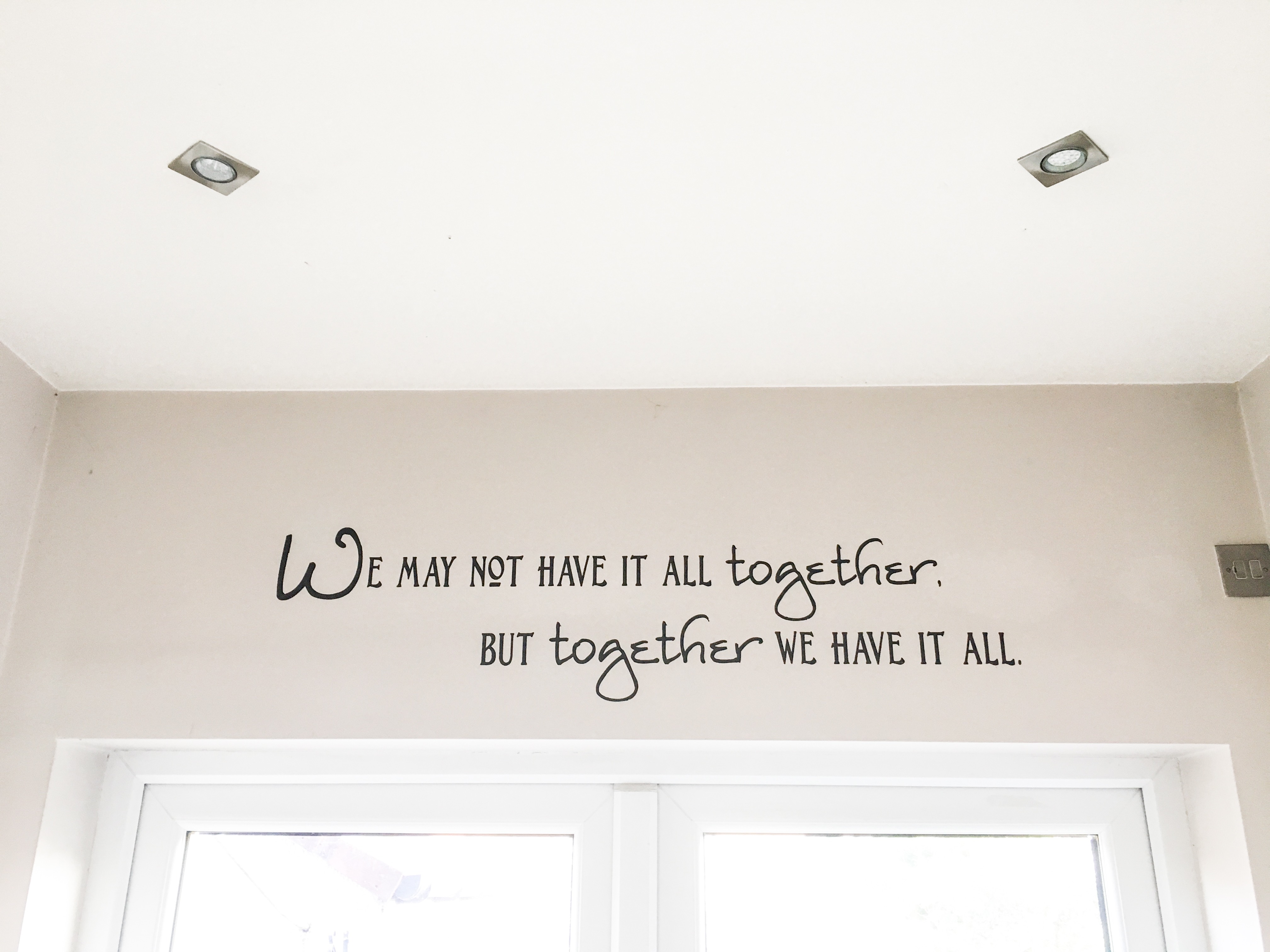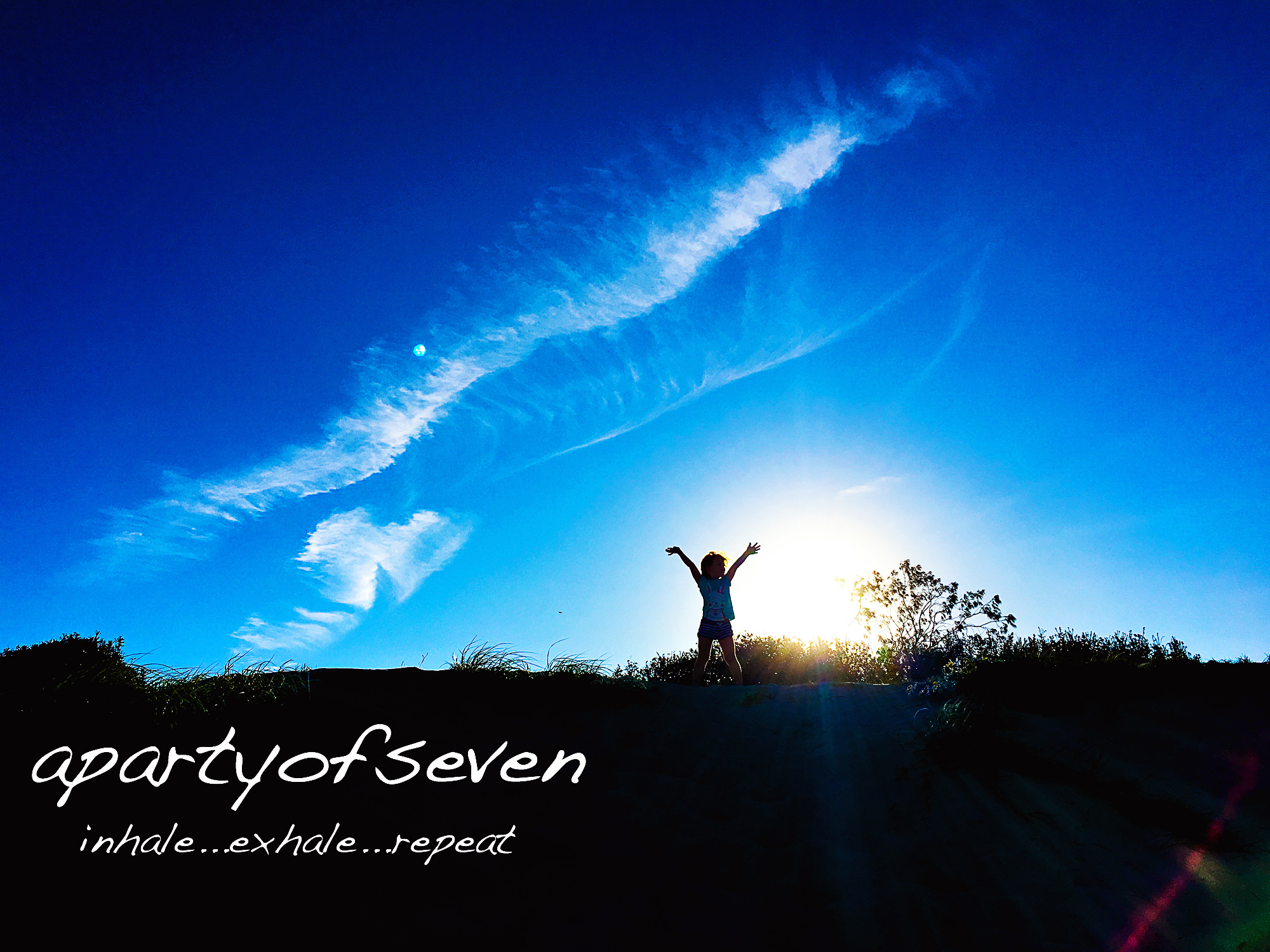When I first met my now husband one of the first conversations we had was how much both of us wanted to travel and work overseas. A long held dream for us both and one that we have worked really hard to achieve. When we bought our first little house, recently married, we wouldn’t know that 15 years later we would still own that little house and have rented it out for almost 10 years. It was just a sensible financial option at the time and there have been a few ups and downs. We moved from that house to a 4 bedroomed house, the one we left early one morning for our flight to Sydney and the start go our greatest adventure. We decided to keep both the houses to rent while we were away.
Anyone who has rented a property will tell you that it is often a bit of a troublesome process. Whilst we lived in Liverpool we largely managed the property ourselves. It is a fairly easy house to rent. A little terrace house in an area where lots of students like to live. Since moving overseas we have had to take a different approach and we have learnt some very hard and costly lessons. Whilst I am not an expert by any means, for most of us that might move away, renting the house back at home is an option if you don’t want to sell and so here are ten things that I have learnt along the way?
- Use an agent – We didn’t do this with one of our properties and it was to our great cost ultimately. An agent will vet and check any applicant to rent your property and be their port of call for any complaints or issues with the house. You can often negotiate the amount they take each month. When we were local we used agents to find and vet any tenants and we then managed it ourselves. But being overseas and different time zones away make it complicated and so for peace of mind its better to have someone on the ground managing it for you.
- Don’t rent to friends – We have learnt this the hard way. Sadly. Best to steer clear. If you are determined to rent to someone you already have a relationship with, maybe get an agent to run a credit and reference check on them because ‘mates’ references are not always reliable.
- Be very aware of your legal rights as a landlord – The law sides quite heavily with a tenant. If you have issues with a tenant then getting them out WILL take some element of legal action, especially if there are social housing associations involved. It is good to be aware of a good Barrister that you can turn to for advice. You can very easily make mistakes that make it harder for you as a landlord, particularly when you are starting to panic about making mortgage payments if your tenant isn’t paying. Think and ask before you act. Every. Single. Time
- Don’t take Social Housing – This isn’t for everyone, but the worst tenants we have had, have been on social housing. I am not generalising about all people on social housing of course this is based on our own experience. Also last year the government changed how housing benefit works and now they pay directly to the tenant, which has its own questions really. But you can apply to social housing to have the benefits paid directly to you as a landlord but only after your tenant has missed eight weeks of payments. Depends how long you can support your mortgage without any money coming in. Also as a little side note they won’t pay into your UK account if you are not residing in the country so you’ll have to find someone else who lives in the UK to take the payment for you and then pass it on. One almighty hassle. Avoid.
- Tell your Mortgage Company – Generally if you have a residential mortgage you will be negating the terms of your mortgage if you rent the house. You will need to arrange a buy to let mortgage. We used a mortgage advisor. They will tell you the best deal out there and what to go with.
- Insurance, Insurance, Insurance – Don’t move away and rent your house out without having good landlords insurance. If you don’t have this it could invalidate your mortgage. Also as a side note – you need to make sure that if your house is empty over the winter that the heating is coming on and off for brief periods of time so that there isn’t a risk of burst pipes.
- Leave house unfurnished and make sure that tenants take all their stuff with them when they leave. There is no point leaving stuff in your house, inevitabley, there will be someone who doesn’t want the item and then you have to try and get rid of it. We had a tenant leave a HUGE sofa in a property of ours and it had to be sawn up to be removed.
- Remember to do your tax returns – goes without saying really. In Australia we pay tax on money earned here and at home. Its an agreement between the two countries. It may be different where you are heading to. Make sure you know. No-one wants a hefty bill that you didn’t expect.
- Hang onto the deposit – Do not let the deposit go back to your tenant until you have viewed the property. With an agent this will mean them sending you detailed pictures of how the house has been left. This is all you have to repair any damages to the property to be careful before agreeing to let the money go back. The deposit also needs to be held in a Deposit Holding Scheme. This is a legal requirement and must not be side stepped.
- Remember that no matter how much it is your house, it is no longer your home – no tenant is going to look after your house the way you did. They don’t have an investment in it and won’t take care of it the way you did. This is just part of renting a house out and you have to, in all honestly, just get used to it.

